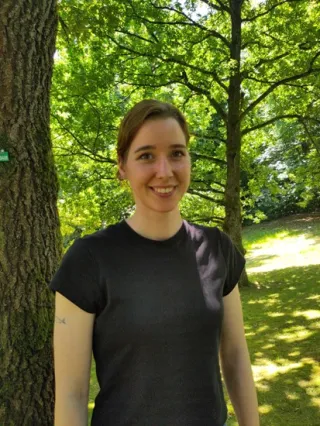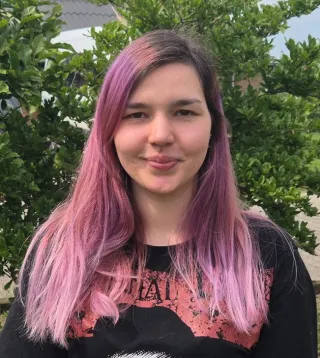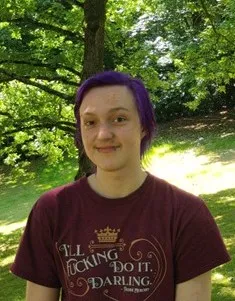Master 1 subject
Language processing: Computational Linguistics and Psycholinguistics, Master 1 subject
- How does language processing work in humans (that's what psycholinguistics is about) and in computers (that's what computational linguistics is about)?
- How do you programme a tool like ChatGPT?
- How can large collections of texts (corpora) be used to gain insight into language acquisition, for example?
- How can experiments be carried out to study language and language processing?
- How can statistics be used to analyse language and evaluate experiments?
Profile |
|
|
Degree
|
Master of Arts
|
|
Start
|
Winter- and summer semester
|
|
Duration
|
4 semesters
|
|
Classroom language
|
German, English
|
|
Admission
|
Not restricted, application at the faculty required
|
Other degree programs in the subject
rub




